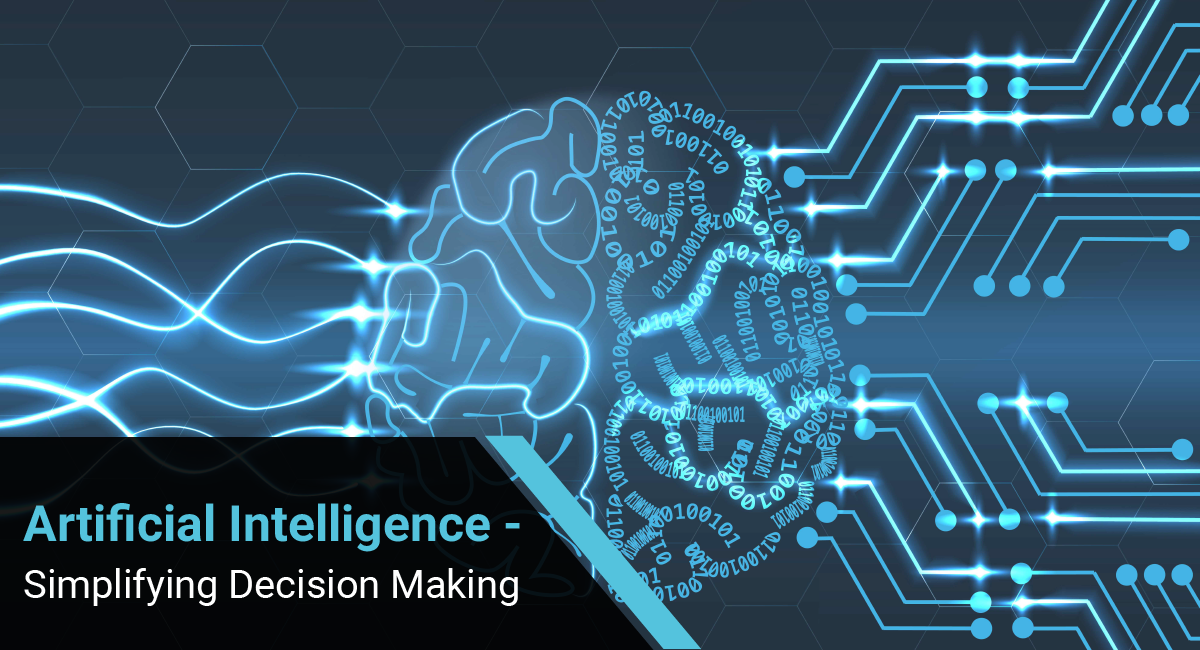Introduction
Artificial Intelligence (AI) has come a long way since its inception in the 1950s. Today, AI is used in various applications, including speech recognition, natural language processing, image recognition, and decision-making. With the rapid advancements in AI, it has become one of the most promising technologies of the 21st century. In this blog post, we will explore the opportunities, challenges, and implications of the future of AI.
Opportunities of AI
AI has opened up a world of opportunities for businesses and individuals. With the help of machine learning and deep learning algorithms, AI has enabled automation of complex tasks that were previously performed by humans. For instance, chatbots powered by AI can handle customer queries and provide support round the clock, reducing the need for human intervention.
Moreover, AI has been used in the healthcare industry to diagnose diseases accurately and provide personalized treatments to patients. AI-powered robots have also been used in manufacturing and construction industries to perform dangerous tasks that were previously done by humans. In the near future, AI is expected to be used in autonomous vehicles, which will revolutionize the transportation industry.
Challenges of AI
Despite its many benefits, AI also poses several challenges. One of the biggest challenges is the ethical implications of AI. With the increasing use of AI, there are concerns about the use of data, privacy, and security. AI algorithms require a large amount of data to function correctly, and there is a risk of data being misused or hacked. Moreover, there are concerns about the use of AI in creating fake news, propaganda, and deep fakes.
Another challenge is the impact of AI on employment. As more jobs become automated, there is a risk of job displacement for workers. This could result in economic instability and social unrest. Additionally, the development of AI requires significant investments, which could create an uneven distribution of resources and wealth.
Implications of AI
The implications of AI are far-reaching, affecting various aspects of human life. One of the most significant implications of AI is its impact on society. With the increasing use of AI, there is a need for policy and regulation to ensure that AI is used for the benefit of society. Moreover, there is a need for education and training to prepare the workforce for the future of work.
AI also has implications for the environment. The use of AI in energy management and resource conservation can help reduce carbon emissions and promote sustainable development. However, the development of AI requires a significant amount of energy and resources, which could have negative implications for the environment.
Conclusion
The future of AI is both exciting and challenging. The opportunities presented by AI are vast and varied, ranging from automation to personalized medicine. However, there are also significant challenges and ethical implications that need to be addressed. To ensure that AI is used for the benefit of society, there is a need for policy and regulation, education and training, and investment in research and development. By doing so, we can unlock the full potential of AI while mitigating its negative implications.
Overall, the future of AI is a topic that will continue to be discussed and debated for years to come. As the technology advances, it is important to remain vigilant about its implications and use it for the betterment of society.

